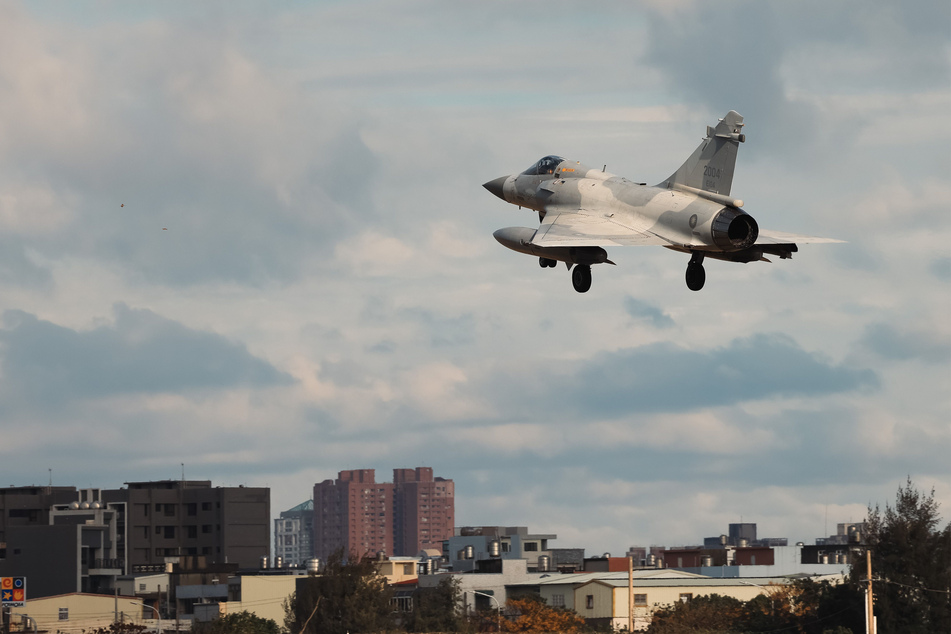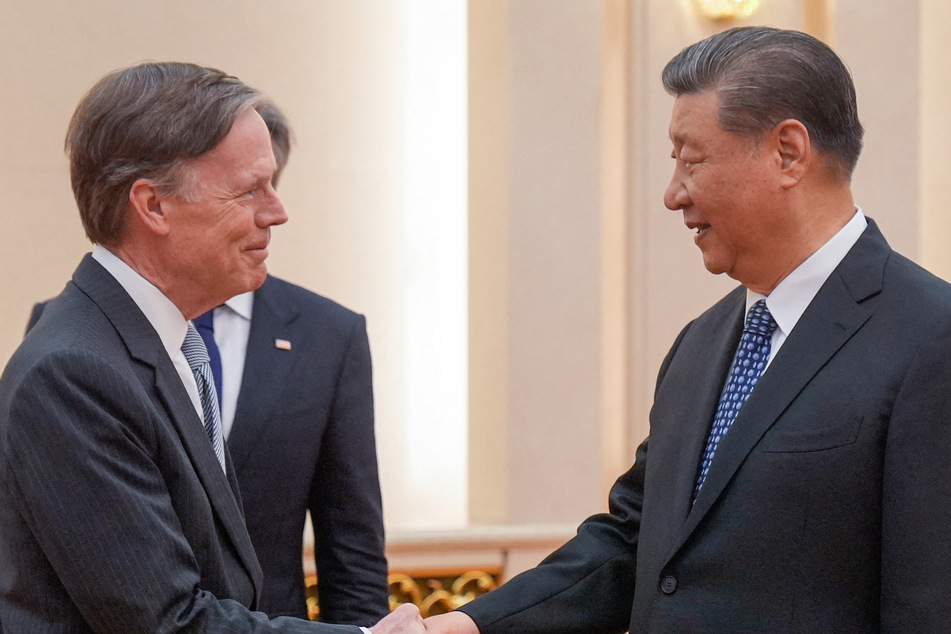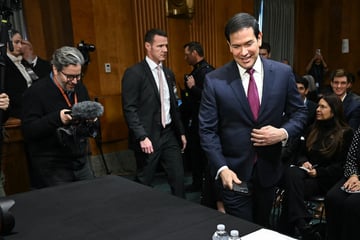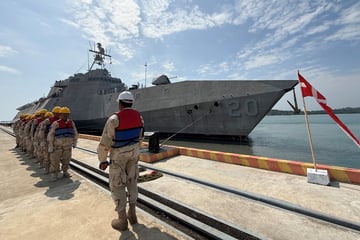China assures US of no nukes in Taiwan war in secret meeting amid regional escalations
Shanghai, China - As tensions rise rapidly both in the South China Sea and the Taiwan Strait, insiders have revealed that Washington and Beijing resumed nuclear arms talks in March, after half a decade of silence.

Two American delegates who attended talks between Beijing and Washington in a Shanghai hotel told Reuters that US representatives raised concerns over the use of nuclear weapons in a conflict over Taiwan.
Chinese representatives allegedly reassured the US that Beijing would not use or threaten the use of nuclear weapons if a conflict were to break out in the Taiwan Strait.
Over the weeks and months since the talks took place, tensions have skyrocketed both in the Taiwan Strait and in the South China Sea.
Earlier this week, the Philippines accused China of ransacking navy ships despite warnings that "war" could break out if Filipino soldiers were injured or killed by the Chinese coast guard. Meanwhile, China continues to apply pressure on Taiwan after the inauguration of the island nation's new president.
The report from Reuters is the first time these talks have come to light. Reuters was informed that the talks were "Track Two," meaning that they were non-official and conducted by officials or academics with authority but not by government-to-government ambassadors or spokespeople.
According to one of the two American delegates who spoke with Reuters, David Santoro, China "Told the US side that they were absolutely convinced that they are able to prevail in a conventional fight over Taiwan without using nuclear weapons."
Informal nuclear talks take place as more discussions needed amid escalating regional tensions

As tension skyrockets across much of the Asia-Pacific, such talks are becoming ever the more important if the US wants to reduce conflict between itself, its allies, and Beijing.
In an interview that the US ambassador to China gave to the BBC this week, Nicholas Burns offered a reassuring tone, telling veteran BBC China correspondent Laura Bicker that while flashpoints have "completely divided" both sides, the US is working to improve relations.
"Our militaries are operating in very close proximity to one another in the South China Sea and in the Taiwan Strait," explained Ambassador Burns. "You don’t want to send the wrong signal."
The geopolitical situation is ramping up in complexity as diplomats continue to deal with clashes between China and the Philippines and the ever-difficult Taiwan independence issue.
"The Chinese have agreed to increase our military-to-military communications, and that's really critical for us," said Burns. "You want to have communication because the last thing we want is an accident, a misunderstanding that leads to conflict."
Cover photo: IMAGO/Wirestock

